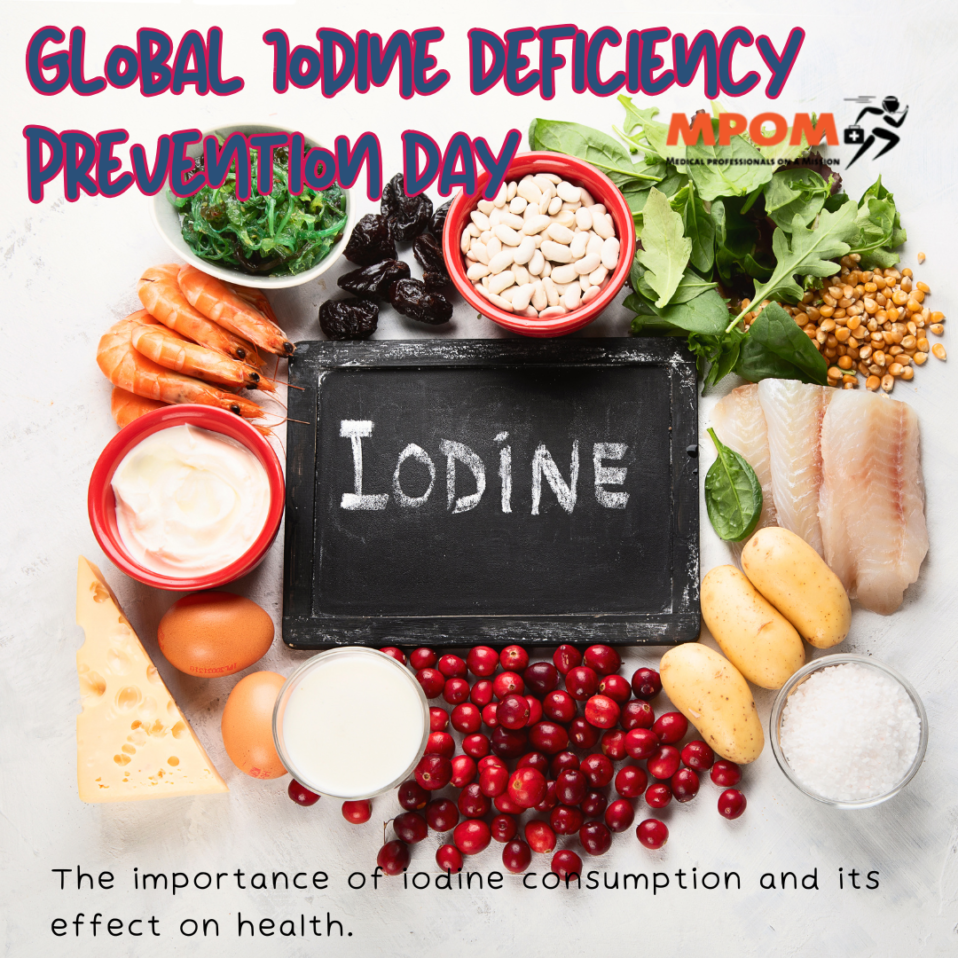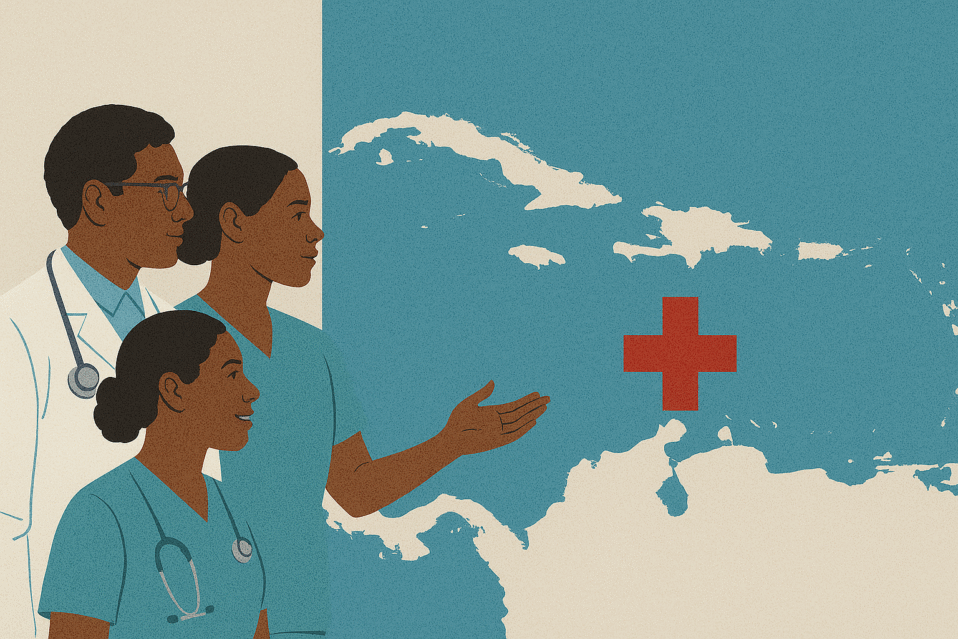Iodine is an essential nutrient that our bodies need, especially for the thyroid, a gland that controls many functions like heart rate, metabolism, body temperature, and muscle movement. The body can face serious health problems called iodine deficiency disorders without enough iodine. This is especially harmful for pregnant women and young children, as it can lead to learning problems, mental disabilities, stillbirths, and miscarriages.
When someone doesn’t get enough iodine, it can also cause goiter, a swelling in the neck caused by an enlarged thyroid, and hypothyroidism, which makes people feel tired and gain weight easily. Growing children need iodine to develop properly, and without it, they can face delays in growth and mental development. Thankfully, using iodized salt in food can help prevent these issues, and it’s safe for everyone, including babies, kids, and pregnant women.
Iodine is also necessary for making proteins and helping nerves and bones grow. Without it, conditions like goiter or hyperthyroidism can happen, but these problems can be avoided if we understand the importance of iodine in our daily diet. World Iodine Deficiency Day helps spread awareness about the effects of iodine deficiency and how people can prevent it.
How Common is Iodine Deficiency?
The World Health Organization says that around 2 billion people worldwide do not get enough iodine. This problem is seen in 130 countries, and about 740 million people are affected by it. In India alone, over 61 million people have a goiter, and about 8.8 million suffer from mental or physical disabilities due to iodine deficiency. Globally, around 30% of people live in areas where iodine is lacking. Without proper iodine intake, pregnant women and children are at risk for problems in growth and development.
History of World Iodine Deficiency Day
In 1990, organizations met at the World Summit for Children to discuss the importance of iodine and how to prevent deficiency. By 2002, many awareness programs were created, and more countries joined the cause. This effort grew into what we now know as World Iodine Deficiency Day, which helps raise awareness about the importance of iodine in our diets.




